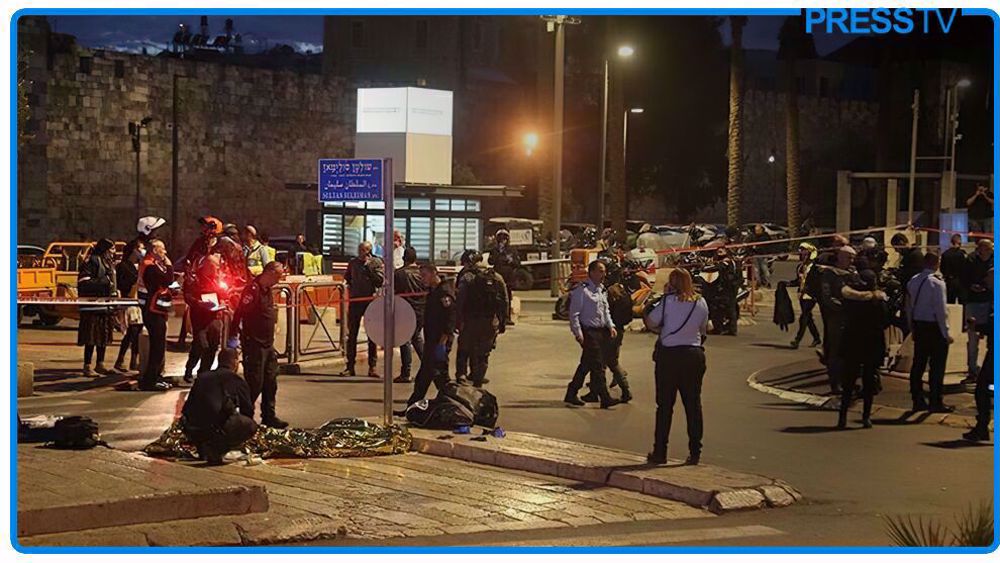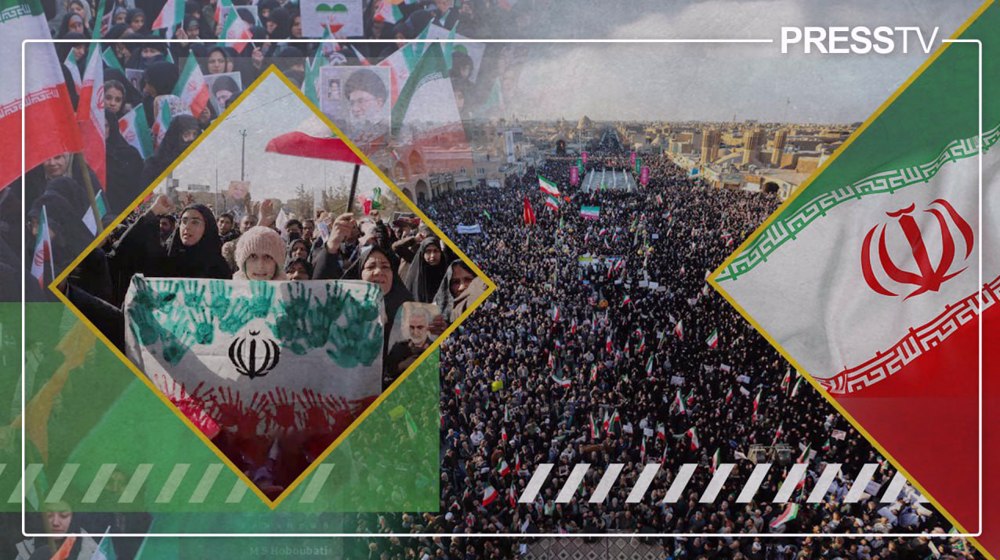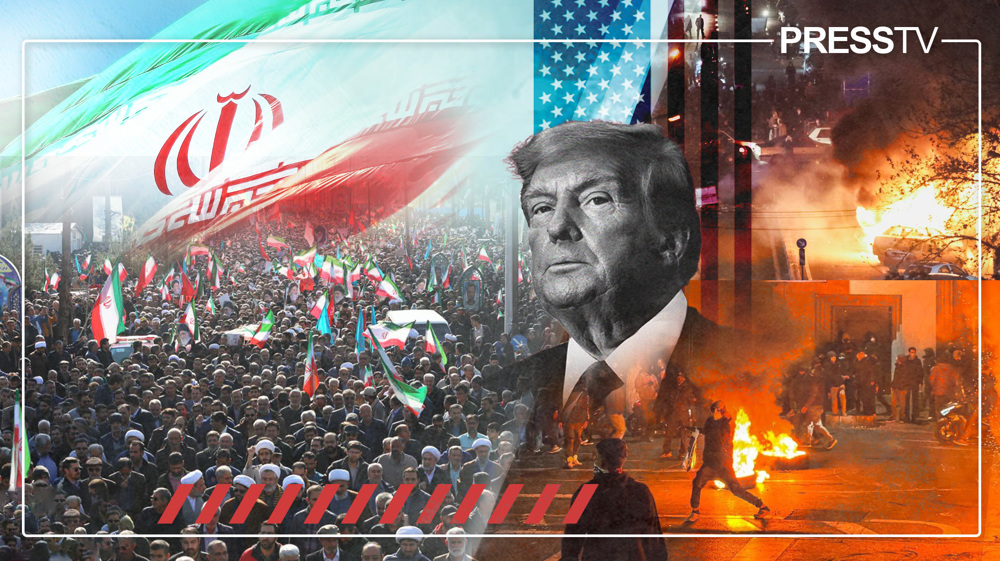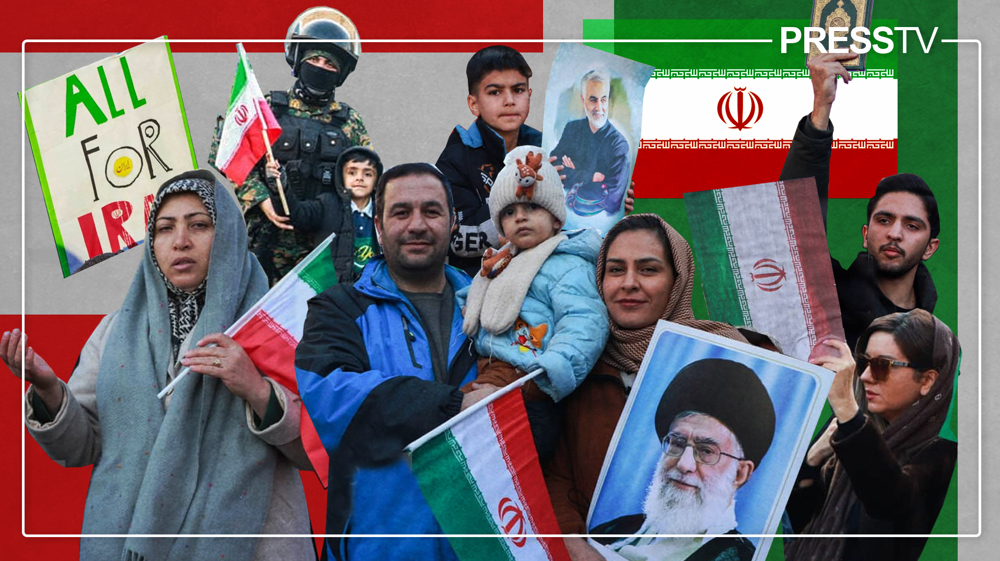The apartheid regime’s extrajudicial executions of Palestinians
By Denijal Jegic
Mohammad Shwkat Salima, a 25-year old Palestinian, was shot at point-blank range and killed by Israeli occupation forces in occupied East al-Quds Zionist authorities and much of mainstream media framed him as an attacker. However, the extrajudicial killings of Palestinians on occupied land are part and parcel of the settler-colonial regime’s terror against the indigenous population.
Extrajudicial Assassination
A video of Salima’s assassination by Israeli occupation forces was filmed by bystanders and went viral on the internet. It shows that the young Palestinian did not pose any imminent threat to the heavily armed Israeli occupation personnel. He was shot repeatedly and killed as he lay wounded on the ground.
According to the Palestinian Red Crescent Society, Israeli occupation forces denied medics access to the site and, thus, Salima could not receive any first aid. Israeli occupation authorities justified the murder, claiming that the assassinated Palestinian had previously tried to stab an Israeli.
Extrajudicial assassinations of Palestinians, including children, by the Israeli regime are not isolated incidents, but part and parcel of the genocidal settler-colonial terror. While the Israeli regime claims to be a democracy, Palestinians are not only subject to brutal military rule, but also excluded from the entity’s legal system. Palestinians are dehumanized to an extent that they can be killed in cold blood at any time. The justification for the killing of Palestinians is always present in the Zionist narrative, as is the jailing and kidnapping of Palestinians by the apartheid regime.
As part of the broader coercion strategy, in the aftermath of the killing, occupation forces terrorized residents in Salima’s home town of Salfit in the occupied West Bank, raided the home of Salima and arrested his brother.
Media Narratives: Palestinian Attacker and Assailant
While the story seemed newsworthy, much of mainstream media failed to identify the power relations, the colonial nature and the particular illegality of Israel’s actions under international law.
Indeed, in much of the mainstream media, the killing was portrayed as a reaction to the stabbing attempt and within a context of the broader violence in East al-Quds.
News agencies provided headlines such as “Israeli wounded in East al-Quds stabbing, assailant killed”, or “Police kill Palestinian attacker after al-Quds stabbing”, oftentimes categorizing the story under the so-called “Israel-Palestine conflict” within Zionist terms. In an article by Al Jazeera English, based on reports from news agencies, the Palestinian victim is portrayed as an “attacker stabbing Jewish man”. The article states that Israeli “security” forces shot the Palestinian “after he stabbed an Israeli civilian and tried to attack the police.” The first source to be mentioned is “Israel’s Magen David Adom emergency service”. Similarly, the New York Times opposed the “Palestinian assailant” to the “Israeli civilian”.
This framing and the focus on religion and ethnicity makes it seem as if a dangerous Palestinian decided to kill an innocent Jewish civilian and thus had to be stopped by police. The incident is thus portrayed as a violent hate crime perpetrated by the Palestinian man.
Colonial Violence
Yet, much of the discourse obscures the colonial context and the asymmetrical power relations. The Palestinian’s actions are not the source of violence. In fact, he is a victim of the apartheid regime and has probably suffered his entire life under a brutal military occupation and the multifaceted abuses that come with it.
Not only can Israelis kill Palestinians at any time. They also enjoy impunity and the apartheid regime’s backing. Indeed, Israeli prime minister Naftali Bennett was quick to express his support for the execution and, in appreciation, posted a picture of the killers on social media. “That is how our forces are expected to act and that is how they acted”, the apartheid leader said. Support for the killing was echoed throughout the Zionist political spectrum.
Referring to Israelis on illegally occupied land as civilians further normalizes Israeli colonial violence. Most Israelis, regardless whether they are actively enlisted in the occupying army or not, have undergone military training and enjoy backing by the apartheid regime. Settler violence, for example, is a well-documented, ongoing form of terrorism that is directly backed by the colonial "state" apparatus.
And, of course, the mere presence of Israeli forces in East al-Quds is illegal given that the territory is under military occupation.
Suffering of Palestinians in East al-Quds
Palestinians in East al-Quds, where the killing of Mohammad Salima took place, are structurally oppressed by the Israeli apartheid regime and subjugated to its systematic detention, arrests, dispossession, land theft, and killings. For decades, Palestinians in East al-Quds have been victims of ongoing ethnic cleansing. The Israeli apartheid authorities have created a judicial system that allows them to steal Palestinians’ land and property and dispossess them in order to make place for Jewish settlers. Any media narrative that fails to identity the colonial context in Palestine further justifies the Zionist violence.
In this settler-colonial conquest of a nuclear-armed first-world power against an indigenous people under military occupation, Palestinians have long been criminalized for merely surviving on their own land and, thus, standing in the way of the Israeli colonizer. While their structural daily struggle is not newsworthy, their individual reactions to the Zionist terror become highly scrutinized in the mainstream media.
Palestinians have the right to use all means at their disposal to resist against the foreign occupation, including armed struggle. This is even acknowledged by the UN, which enshrined this right in resolution 37/43 from December 1982.
The killing of Salima became newsworthy because it was captured on camera and because the assassinated Palestinian allegedly tried to stab an Israeli. Meanwhile, Palestinians get shot and murdered by the Israeli regime continuously off-camera. A day before Mohammad Salima was assassinated, a Palestinian was killed by Israeli forces in Umm al Fahm in the occupied West Bank. A day later, 15-year old Mohammad Nidal Younes was murdered by Israeli forces at a checkpoint near Tulkarm in the West Bank. The Israeli attackers and assailants, however, are not referred to as such in the dominant media discourse.
Denijal Jegic is an author and researcher from Lebanon.
(The views expressed in this article do not necessarily reflect those of Press TV.)
VIDEO | Israel silencing truth
IRGC: Enemy command room of 10 intel agencies targeted Iran
US threat to Iran's Leader will ignite entire region: Hezbollah
VIDEO | Campaign to stop sale of Israel bonds grows in US
VIDEO | Iran judiciary, military detail foreign role in unrest; honor martyrs
Experts slam ‘scientifically reckless’ US withdrawal from WHO
Recent US military actions signal return to ‘predatory colonialism’: UN rapporteur
‘Confused clowns’: Iran FM blasts Zelensky over call for aggression on Iran










 This makes it easy to access the Press TV website
This makes it easy to access the Press TV website